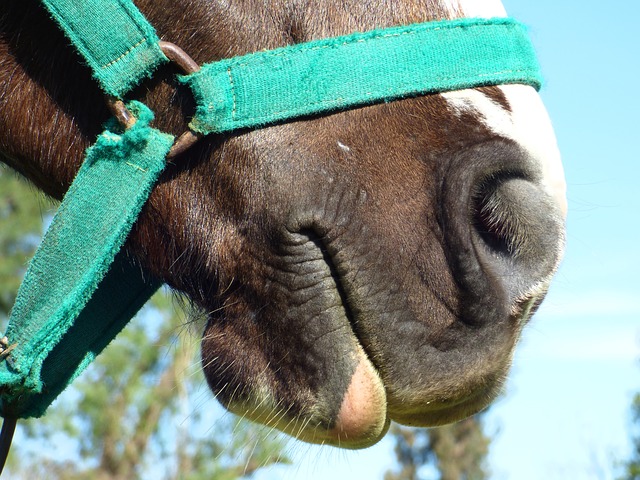On July 28th the Wisconsin Department of Agriculture, Trade, and Consumer Protection received notice of two confirmed cases of Eastern Equine Encephalitis (EEE). Both affected horses were yearling fillies owned by the same owner residing in Monroe County.

It was reported that both fillies were vaccinated in November 2016 and again in December 2016 but had not been vaccinated in 2017. One of the fillies died and one was euthanized after both showed severe neurologic signs. Cases confirmed (PCR) at WVDL. No quarantine was issued.
These are the first cases of EEE reported in Wisconsin in 2017.
EEE is a mosquito-transmitted disease that is much more severe than West Nile Virus (WNV). The mortality rate in horses from WNV is reported at around 30%, while the rate for EEE is almost 90%. Infected mosquitoes are the primary source for EEE.
The virus causes inflammation or swelling of the brain and spinal cord. General symptoms include central nervous system signs such as: head pressing, convulsions, lack of response to facial stimulation, fever above 103 degrees, ataxia, paralysis, anorexia, depression and stupor. Other symptoms may include irregular gait, teeth grinding, in-coordination, circling, and staggering. All symptoms may not be exhibited by an infected horse.
Related:
- The story behind the Toxic Shock Syndrome outbreak investigation of the late 70s-early 80s
- Philippines: Typhoons prompt advisory over typhoid, cholera, leptospirosis and hepatitis A
- Cholera cluster reported in Misamis Oriental, Philippines
- Lyme disease: Syracuse’s Rep. John Katko introduces The Tick Identification Pilot Program Act of 2017
- Brazil: New virus, avian paramyxovirus 15, discovered in migratory bird
- Myanmar: H1N1 influenza death toll now 10
- Tonga eliminates lymphatic filariasis as a public health problem



One thought on “Wisconsin reports first Eastern Equine Encephalitis cases in Monroe County horses”